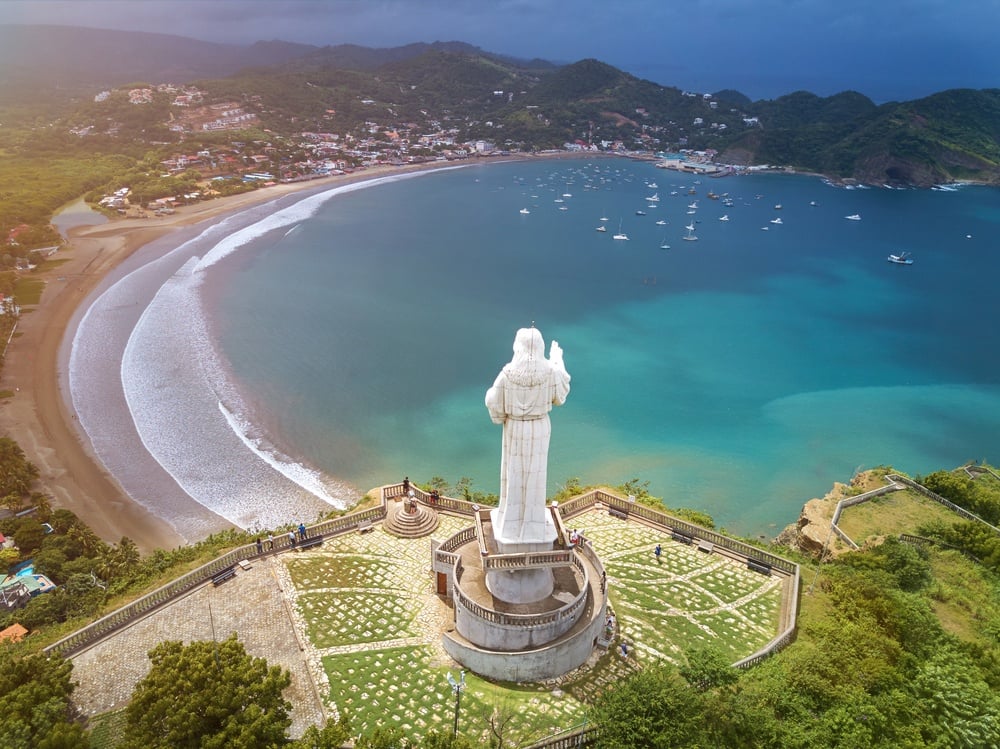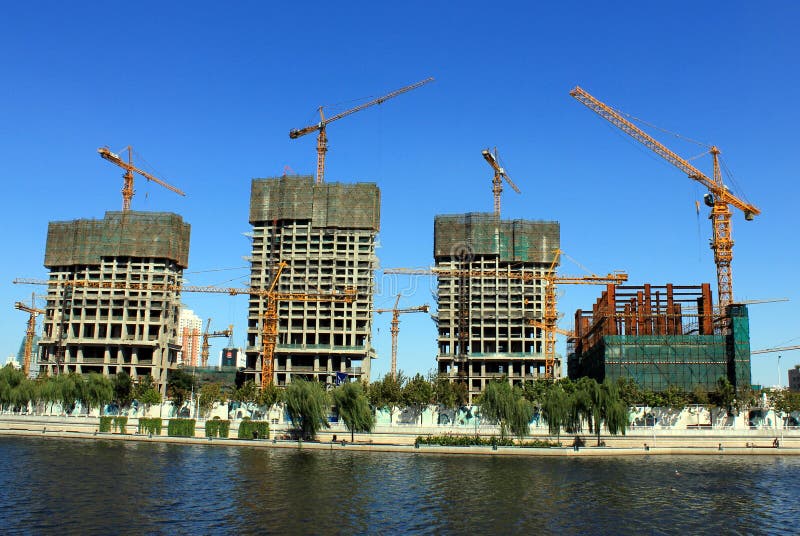The Situation A Year Ago
Over a year ago, Nicaragua was experiencing significant political unrest and conflict between protesters and the government. Street protests and clashes were common in major cities like Managua. As an outsider living next door in Costa Rica, the author was hearing many worrying reports coming out of Nicaragua. Violence against civilians left many dead or injured on both sides of the conflict. Both locals and foreign visitors avoided non-essential travel to Nicaragua during this unstable period.

The Current Situation Has Calmed Down
However, according to the author’s research in the past year, the situation has simmered down considerably. Both opposing factions now recognize rebuilding the vital tourism industry is in all parties’ best interests. The recent amnesty law, though controversial, aims to de-escalate tensions by forgiving past criminal offenses but threatening future lawbreakers with prosecution. While political grievances still run deep, they are increasingly being channeled through formal negotiation instead of street violence. As a result, the risks of harm against innocent foreign visitors have greatly lessened.
Recommendations For Safe Areas To Consider
The author advises most problems now seem concentrated in the capital city of Managua and a few other urban centers. Rural and historic towns elsewhere in the country generally remain peaceful. Two recommended destinations that offer a safe, welcoming environment for foreigners include the colonial city of Granada on Lake Nicaragua and the Pacific coast town of San Juan del Sur. In these locations, one can relax while learning about local culture from friendly residents and other traveling visitors. Taking basic precautions like avoiding isolated political discussions still applies, but overall Nicaragua appears ready to welcome respectful tourists once more.
Life In Granada Offers History And Hospitality
Granada boasts over 500 years of colonial architecture, churches, and plazas. Tourism plays a major role in the local economy of this accessible lakefront city. Visitors will find no shortage of charming inns, restaurants, tours and attractions to enjoy. Locals take pride in preserving Granada’s well-preserved old-world charm and being gracious hosts to foreign guests. Safety concerns have long been negligible here. Strolling along tree-lined streets, soaking up the history and attractions promises abundant memorable experiences for those seeking a tranquil Nicaraguan destination with all the comforts of home.
San Juan Del Sur Has Vibrant Culture And Coastal Beauty
Situated along a breathtaking Pacific bay, San Juan del Sur attracts a youthful international crowd with its lively bars, eateries and events. Yet families also find much to appreciate in this laidback seaside town. White sand beaches, surfing, fishing, hiking and water sports make it an active traveler’s paradise. A culturally vibrant arts scene and friendly expat community give San Juan del Sur a spirited charm appealing to long and short-term residents alike. With most living concentrated near the picturesque malecón, a visitor can experience Nicaraguan coastal living within quick reach of all amenities while still feeling far from worries of the wider world.
Safety Improves Further From Tourist Enclaves
Venturing beyond the major tourist destinations of Granada and San Juan del Sur offers adventuresome visitors a true taste of smaller Nicaraguan communities with even less risk of issues. RuralCharmBedandBreakfast.com highlights the allure of organic family farms and ranches welcoming “working guests.” Or one might explore the remote Pacific beaches, colonial coffee towns or volcanoes dotted throughout the countryside, interacting closely with locals yet facing very little threat of disruptions to peace and safety. With minor precautions and an open, respectful attitude, independent travelers can freely experience Nicaragua’s natural and cultural riches far off the main tourist paths.
Managua Remains Riskier But Improving
As the nation’s capital and largest urban center, Managua understandably still concentrates more political activism and instability compared to other parts of the country. However, even here most recent reports suggest a noticeable reduction in unrest versus a year ago. While major protests and clashes have lessened, it’s prudent for outsiders to avoid any large public gatherings that could potentially turn violent. Otherwise, respecting sensitive topics and using normal big-city street smarts allows one to visit Managua’s museums, markets and cultural offerings safely as tensions continue easing over time. Overall, the situation stabilizes further with each incident-free month.
Tourism Can Help Heal Through Shared Understanding
By once again welcoming tourism responsibly, Nicaragua gains much-needed economic stimulation while rehabilitating its image abroad. International visitors can aid post-conflict reconciliation through culturally immersive experiences building cross-cultural understanding between all Nicaraguans and outsiders. Shared interests in history, nature and community gradually replace differences fueling past violence. As travel reopens opportunities for interaction, reconciliation and hope replace fear and uncertainty across the country. With patience and goodwill on all sides, Nicaragua’s hospitable spirit and natural gifts continue attracting visitors to experience this dynamic Central American nation.

 The Fascinating History and Cultural Significance of Fugu in Japan
The Fascinating History and Cultural Significance of Fugu in Japan